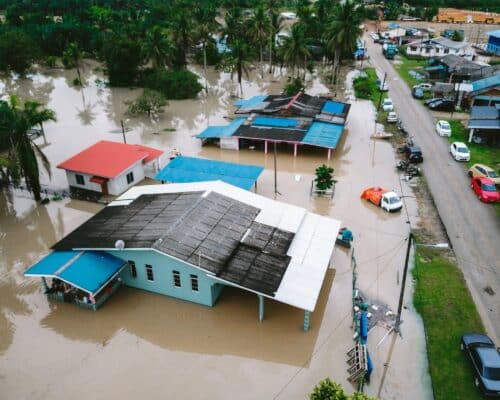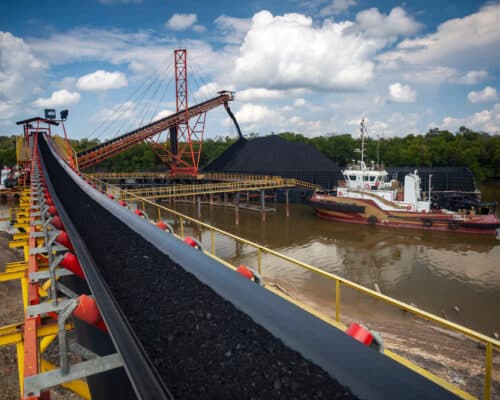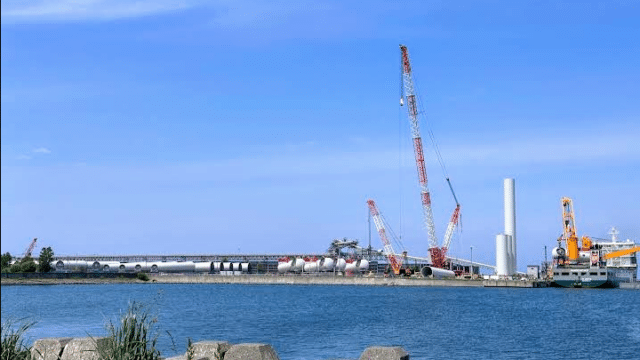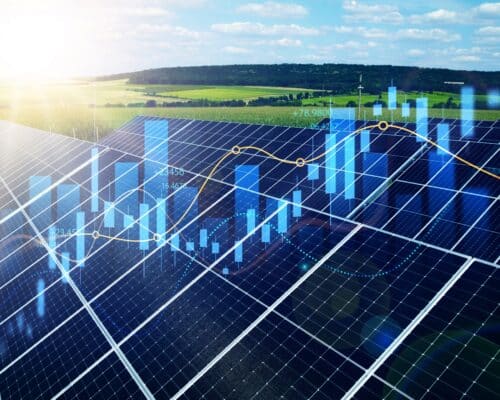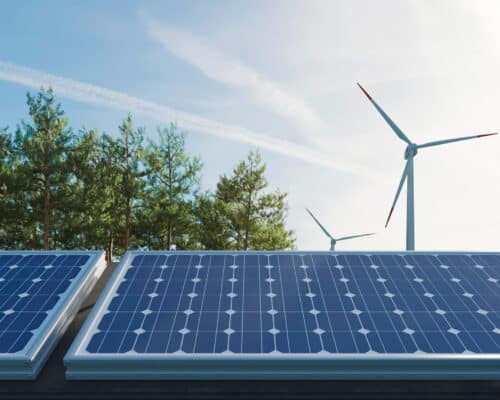Articles
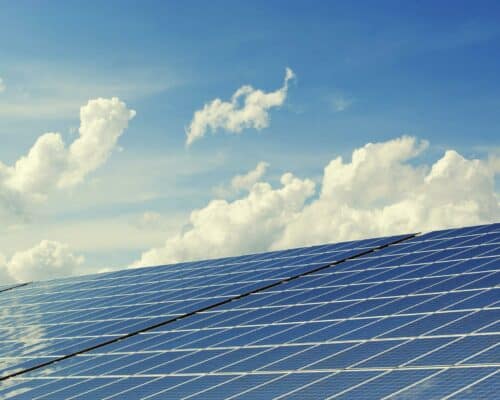
Are Carbon Emissions Decreasing?
The IEA finds that emissions are seeing a structural slowdown thanks to growing clean energy deployment. However, emissions are still rising, and the agency identifies developing Asia as the primary contributor to the persistently high CO2 emissions.
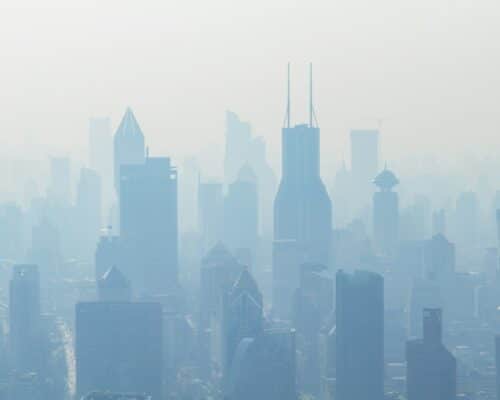
False Solutions to Climate Change Promoted in Southeast Asia Pose Various Risks
Instead of helping Southeast Asia wean itself off fossil fuels, ammonia-hydrogen co-firing solutions and CCS risk perpetuating their use and locking climate-vulnerable countries into a future of high emissions, air pollution and ecosystem disruption.
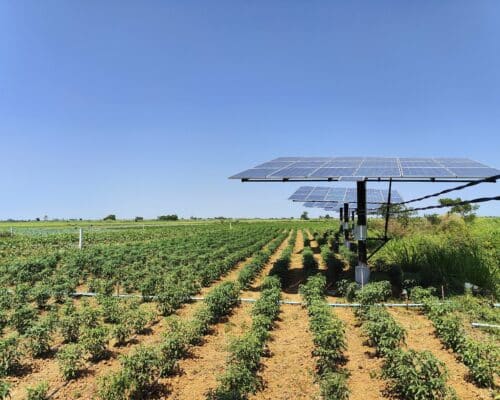
Solar Energy in Cambodia: Overcoming Energy System Challenges
Cambodia has one of the highest solar energy potentials in the region. The country plans to significantly scale capacity in the coming decades to strengthen the energy grid and reach its net-zero emissions goals.
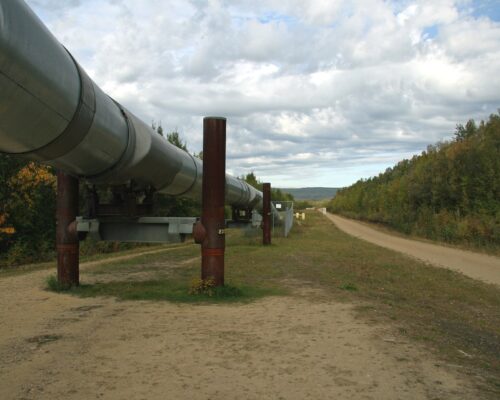
LNG Demand Decline in Japan To Cause Oversupply Through 2030
Considering the economic, environmental and energy security arguments, investing in new LNG capacity to accommodate the oversupply of Japan’s utilities instead of clean energy is a short-sighted, strategic misstep for developing Asia.
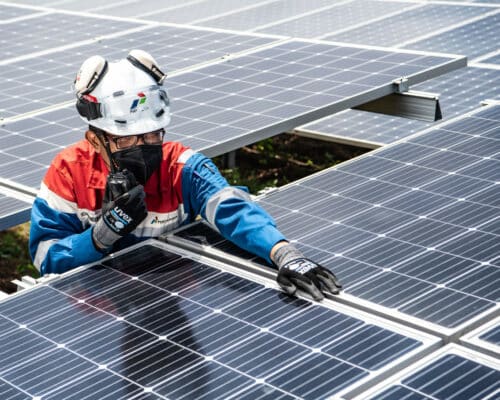
Indonesia’s NRE Bill Calls On Coal-based Energy Sources
Indonesia is still debating its New and Renewable Energy (NRE) Bill five years after its introduction. However, the draft bill includes coal derivative products, while the environmental stance of the country's newly elected president, Prabowo Subianto, remains problematic at best.
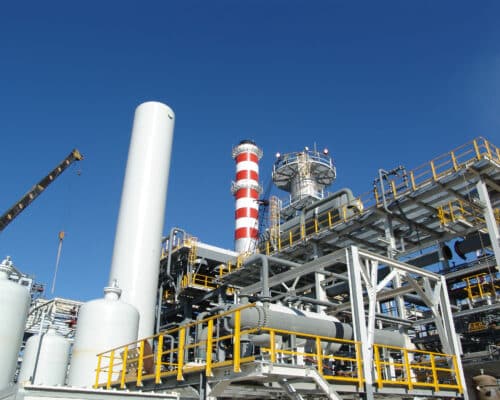
Low-carbon Hydrogen Is Dangerous: But Why?
Low-carbon hydrogen – made from natural gas with carbon capture and sequestration – is being pushed by fossil fuel companies and governments as necessary for the energy transition. Japan and South Korea have placed hydrogen, including low-carbon hydrogen, in the centre of their net-zero plans. However, the Environmental Defense Fund (EDF) has found that low-carbon hydrogen could be up to 50% worse for the climate than traditional fossil fuels.
Renewable Energy in Cambodia: Continued Growth
Cambodia sources over 50% of its energy from renewable sources and is planning further expansion in the next two decades. This growth will primarily rely on hydropower's slow growth and solar's rapid expansion. Cambodia must fill its existing financial gap to reach its renewable energy goals.

Women’s Empowerment Can Be the Catalyst to Drive Asia-Pacific’s Energy Transition [Op-Ed]
The Asia Director at the Global Wind Energy Council shares how the emerging wind industry brings opportunities for women to be empowered to helm the clean energy transition. She calls for recognising women's representation in the energy transition as a necessary first step in creating gender equality in the sector.
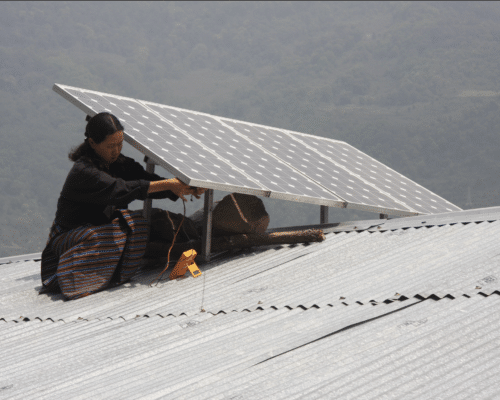
Women and the Just Energy Transition – Podcast
Energy Insights speaks with Farwa Aamer about women and the just energy transition. Farwa is the director of South Asia Initiatives at the Asia Society Policy Institute.
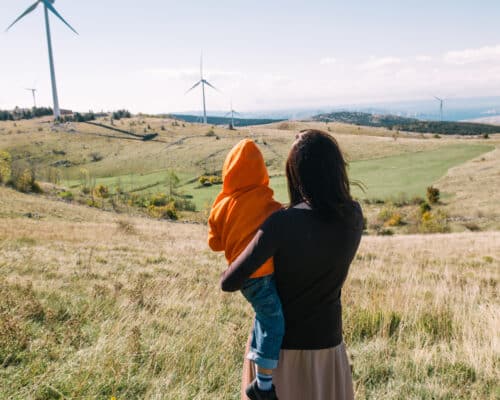
Empowering Women to Front the Energy Transition in Asia
Vibhuti Garg, the South Asia Director at the Institute for Energy Economics and Financial Analysis (IEEFA), shares her views on a gender-inclusive clean energy sector and how women can be empowered to be at the forefront of India's energy transition.
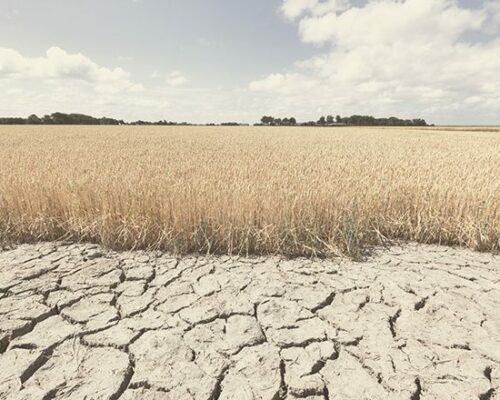
Climate Change in Cambodia: A Growing Concern
Cambodia is highly vulnerable to climate change, and its low economic development will hinder its adaptation and mitigation efforts. Global support is crucial for the country to meet its greenhouse gas emission and adaptation targets.
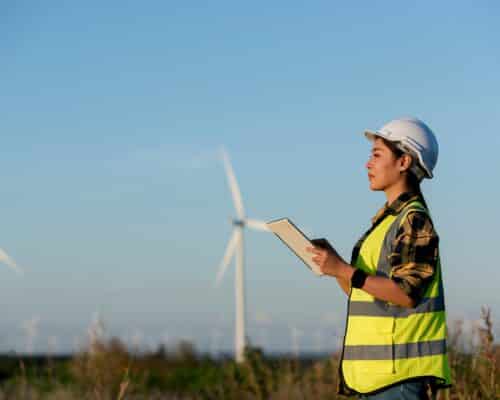
Empowering Women in the Energy Transition: A Catalyst for Change
Helen Jia, who leads the Asia Research Engagement (ARE) team in China, shares her thoughts on how women can find success and satisfaction and lead in the field of energy transition.
Most Popular
Most Popular
Categories
-
10
-
34
-
126
-
4
-
17
-
46
-
52
-
11
-
10
-
15
-
24
-
6
-
1
-
5
-
6
-
282
-
200
-
17
-
24
-
1
-
1
-
23
-
41
-
44
-
88
-
18
-
86
-
41
-
17
-
11
-
43
-
54
-
86
-
299
-
22
-
44
-
36
-
10
-
42
-
36
